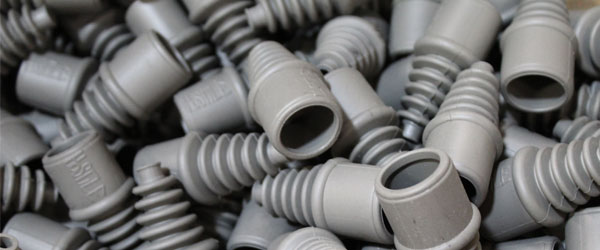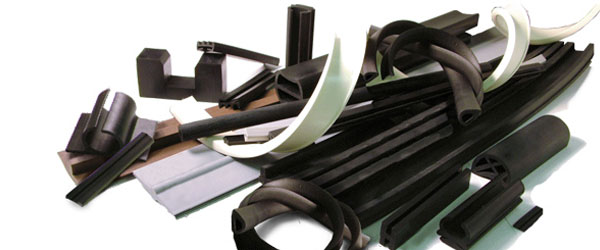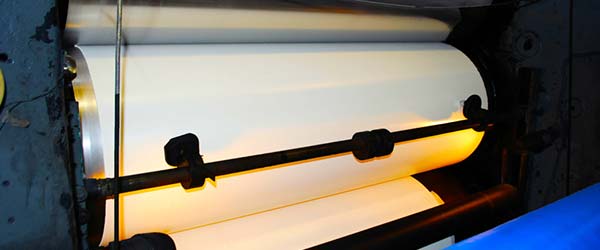Just In Time (JIT) is a lean manufacturing strategy that emphasizes producing the necessary items at the right time, in the right quantity, and with the desired quality. The objective of JIT is to eliminate waste in the production process by producing only what is needed, when it is needed, and in the exact amount required.
The concept of JIT was developed by the Toyota Production System (TPS) in Japan in the 1970s. The TPS was designed to reduce waste, increase efficiency, and improve quality by focusing on continuous improvement and respect for people. JIT is a key element of the TPS and is now widely used in manufacturing and other industries.
The main idea behind JIT is to reduce inventory and eliminate waste. By producing only what is needed, companies can reduce inventory costs, improve cash flow, and free up space. This also reduces the risk of producing excess inventory that may not be sold or may become obsolete.
JIT requires close coordination between all parts of the production process. Production must be carefully synchronized with demand, and suppliers must deliver materials and components just in time for production. This requires a high level of communication and cooperation between all parties involved.
JIT also emphasizes quality control. Since defects can cause delays and waste, it is important to catch and correct them as early as possible. This requires a culture of continuous improvement and attention to detail.
Overall, JIT is a powerful tool for reducing waste, improving efficiency, and increasing quality in manufacturing and other industries. While it can be challenging to implement, the benefits are often significant and long-lasting.
 (909) 987-1774
(909) 987-1774 Email Us
Email Us







